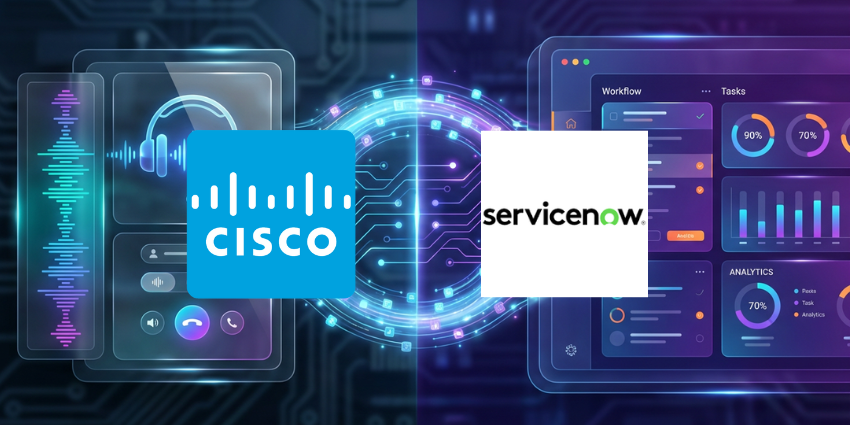Burnout has long been one of the most stubborn problems in the contact center.
From endless password resets to hour-long post-call wrap-ups, agents are often dragged into work that saps energy and chips away at morale.
As hybrid and remote work become the norm, the strain is even harder to ignore.
AI is now being pitched not as a replacement for agents, but as a pressure valve – removing repetitive burdens so employees can focus on higher-value work.
And the shift is already changing how agents see their role.
This was discussed in a recent CX Today interview with Mackenzie Ellis, a Solutions Specialist at ComputerTalk, who said:
“No one likes doing the same repetitive things all day, every day. If AI can come in and assist with those tasks, it allows agents to focus on the things they love to do.”
Breaking Free from “Note-Taker” Mode
One of the clearest drivers of burnout has been post-call administration.
Instead of moving straight to the next conversation, agents spend valuable minutes filling CRMs and writing notes so businesses can later mine the data.
This results in highly trained contact center professionals being reduced to record-keepers.
Ellis pointed out how ComputerTalk is trying to change that with the release of Contact Insights, a tool that allows users to apply an AI job to the transcript and extract details like why the customer is calling, what questions were asked, and even sentiment scores.
That information is then automatically populated into business tools, which means agents aren’t stuck doing all that manual work.
By automating wrap-up, agents can go back to doing what they’re hired for: helping customers, closing deals, or building relationships.
Coaching Smarter, Not Just Faster
Support is another pain point. Traditional coaching has always been somewhat inefficient, thanks to supervisors having to select random calls to review and hoping to stumble across a useful example.
AI is making that model obsolete.
“Supervisors don’t have time to listen to a thousand calls,” Ellis explained.
“AI can flag specific moments worth coaching on, so instead of picking randomly, they get the perfect call at their fingertips in minutes.”
There’s been a lot of hype around real-time nudges for agents, but Ellis noted the reality is more complicated, detailing how when someone is angry at an agent, the last thing that agent wants is pop-ups distracting them.
“What’s more valuable is when AI flags a tough call for supervisors, so they can review it later and give meaningful feedback,” she adds.
In other words, coaching doesn’t have to be constant to be effective. Sometimes the best support comes after the call, when the pressure is off.
Personalizing the Agent Experience
The next evolution isn’t just about customer experience; it’s about agent experience.
“Really the next step in AI is personalizing the agent experience,” Ellis said.
“Dynamic dashboards, tailored training models, and learning formats that suit each agent – whether that’s simulation, video, or something else.
“It’s about creating the best environment for them to work in.”
That shift could help with retention, one of the sector’s biggest challenges.
Cavell’s research shows that while automation is growing, the human role in customer service isn’t going away.
Instead, AI is helping redefine it into something more strategic and less draining.
Put differently: the industry’s problem isn’t too many agents; it’s keeping them engaged.
From Complaint Desk to Collaboration Hub
The contact center has traditionally been painted as a complaint desk: people on the receiving end of customer frustration.
AI is helping reframe that, as Ellis explains:
“Contact centers have evolved into so much more.
“It’s not just customer complaints anymore. Sales teams, finance teams, compliance — the whole business is coming into this collaborative ecosystem. AI is only going to help strengthen that shift.”
By surfacing insights automatically, features like Contact Insights don’t just prevent burnout, they give businesses the intelligence to make smarter decisions.
For agents, that means less time buried in admin and more time contributing strategically.
And that may be the real story: AI isn’t shrinking the agent role, it’s stretching it. Less ‘complaint handler,’ more collaborator.
The challenge now isn’t whether AI can cut down repetitive work – it clearly can. The real test is whether businesses will use those freed-up hours to elevate agents or simply pile on more calls.
You can also discover the vendor’s full suite of services and solutions by visiting the website.







